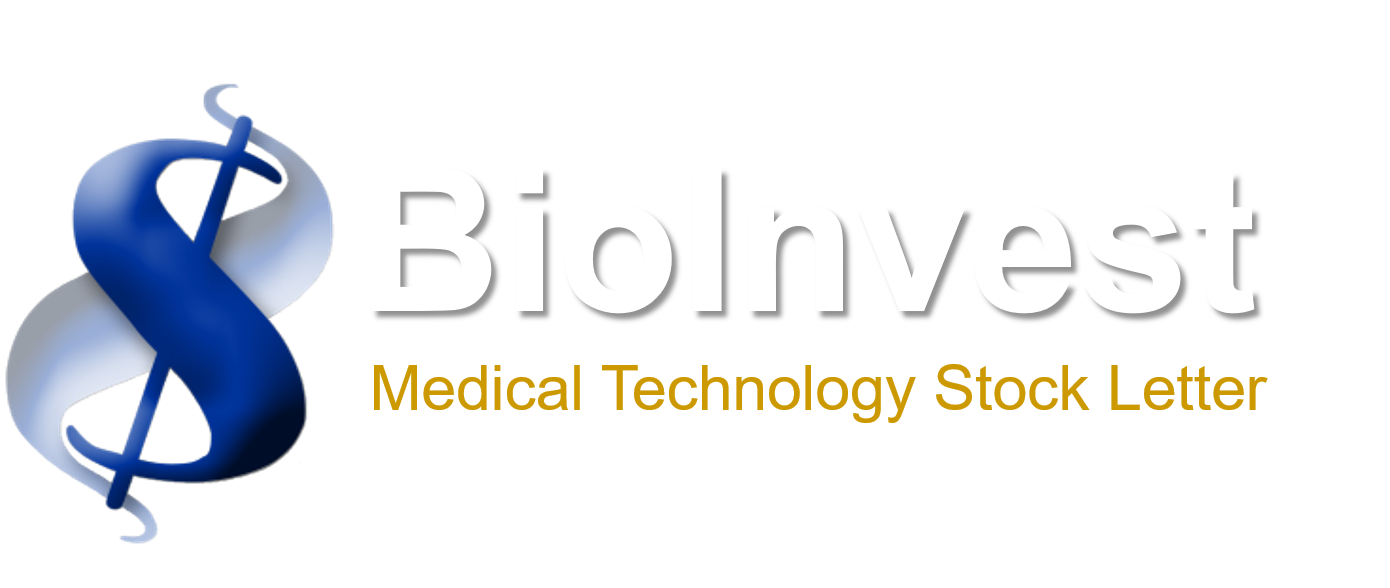September 23, 2013
Isis rises again on drug data
by Bradley J. Fikes for The Union Tribune San Diego
CARLSBAD — Shares of Isis Pharmaceuticals jumped up to 10 percent Monday after it reported more good clinical trial data for .
Isis reached an intraday high of $39.83 before closing Monday at $38.48, up 6.7 percent from Friday’s close of $36.06.
The Carlsbad-based biotech said it has changed plans for the drug, Isis APOCIIIRx, based on new Phase 2 results. It will now seek approval first for FCS, or familial chylomicronemia syndrome. Isis had originally planned to apply first to treat severely high triglyceride levels, a risk factor for cardiovascular disease.
FCS is a serious genetic disorder that causes extremely high triglyceride levels. It affects an estimated 3,000 to 5,000 patients worldwide. Isis says. Complications include acute pancreatitis and abdominal pain.
There were just three FCS patients in the Phase 2 trial, but their blood lipid levels improved dramatically. Triglycerides dropped an average of 69 percent, two forms of so-called “bad†LDL cholesterol dropped 81 percent, and the level of “good†HDL cholesterol rose 78 percent.
BMO Capital its Isis price target to $43 per share from $31 on the news. APOCIIIRx alone is worth $23 per share, according to a research note by BMO analyst Jim Birchenough. The cholesterol-lowering drug Kynamro is worth $3.50 per share, Birchenough wrote. Kynamro, approved for U.S. sale in January, is sold by partner Sanofi, a French drug company.
While Kynamro has produced dramatic reductions in “bad” cholesterol, concerns over potential liver toxicity have limited its appeal. So far, APOCIIIRx hasn’t demonstrated those warning signs. Isis CEO Stanley T. Crooke calls the drug Isis’s most valuable asset.
Isis doesn’t sell drugs directly; it creates drugs with its gene-blocking antisense technology and licenses them to big drug companies. Isis also develops drugs directly for partners under large deals that guarantee Isis upfront and milestone payments, and sales royalties. The company regards this as the most effective business model for a research-driven company like Isis.
But this time, Isis may change its strategy, Crooke said in a conference call Monday.
“One of the more important things I said today is that all commercialization options are on the table for APOCIIIRx,†Crooke said. “We understand that APOCIIIRX is a special opportunity.”
Isis probably just means it wants a high price from a partner, said John McCamant, editor of the Berkeley-based Medical Technology Stock Letter. And with good reason, he said: The drug has the potential for $10 billion in annual sales, if approved for the general population.
Sales for niche diseases like FCS pave the way for that blockbuster sales opportunity by building up a record of patient safety, McCamant said.
“It’s about maximizing shareholder value, and maybe they would be able to do it on their own, and you want to make them think that,” McCamant said. “But all they’ve ever said is that they’re going to do niche indications.”
Isis could sell to those niche populations as a way of developing interest in the drug’s potential, McCamant said. But selling to a mass market would require a big sales force. That would divert Isis from its core strength of drug innovation, he said.
As of Friday, Isis shares have risen 233 percent for the year on a slew of good clinical trial news. Shares jumped 14 percent Thursday on strong results for its drug for spinal muscular atrophy. Shares soared 29 percent in late June on other good results for APOCIIIRx.

